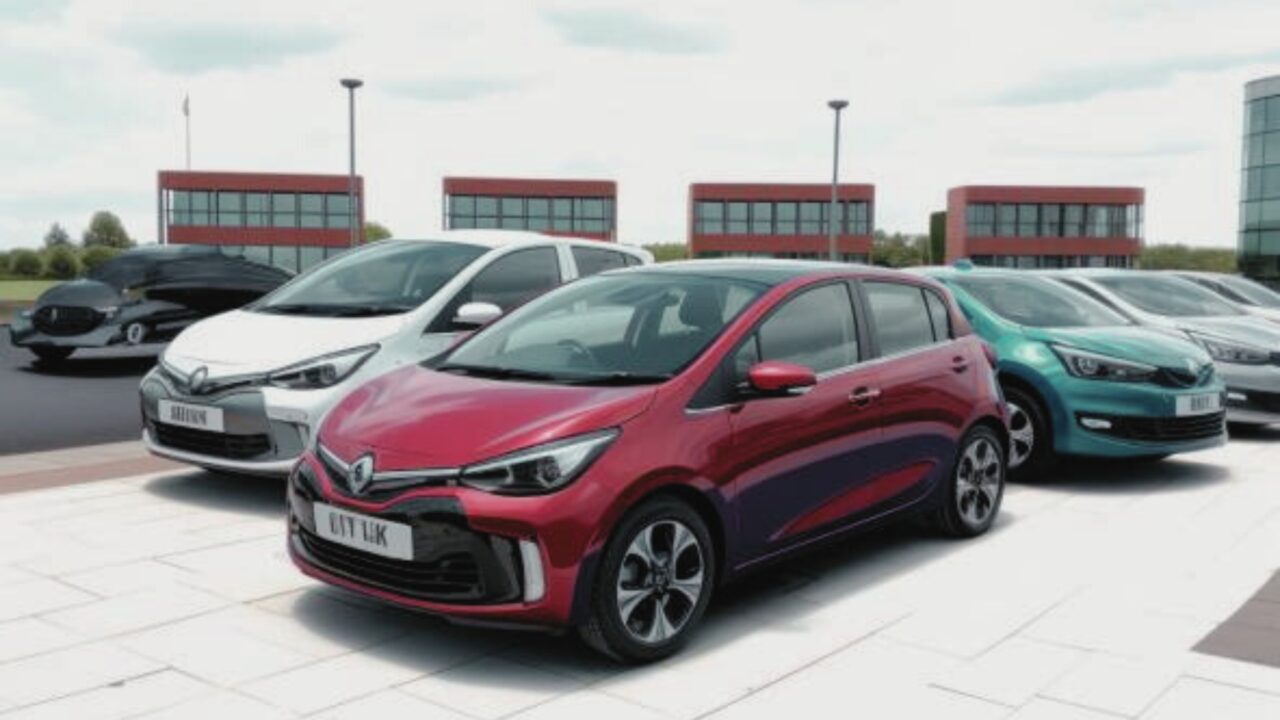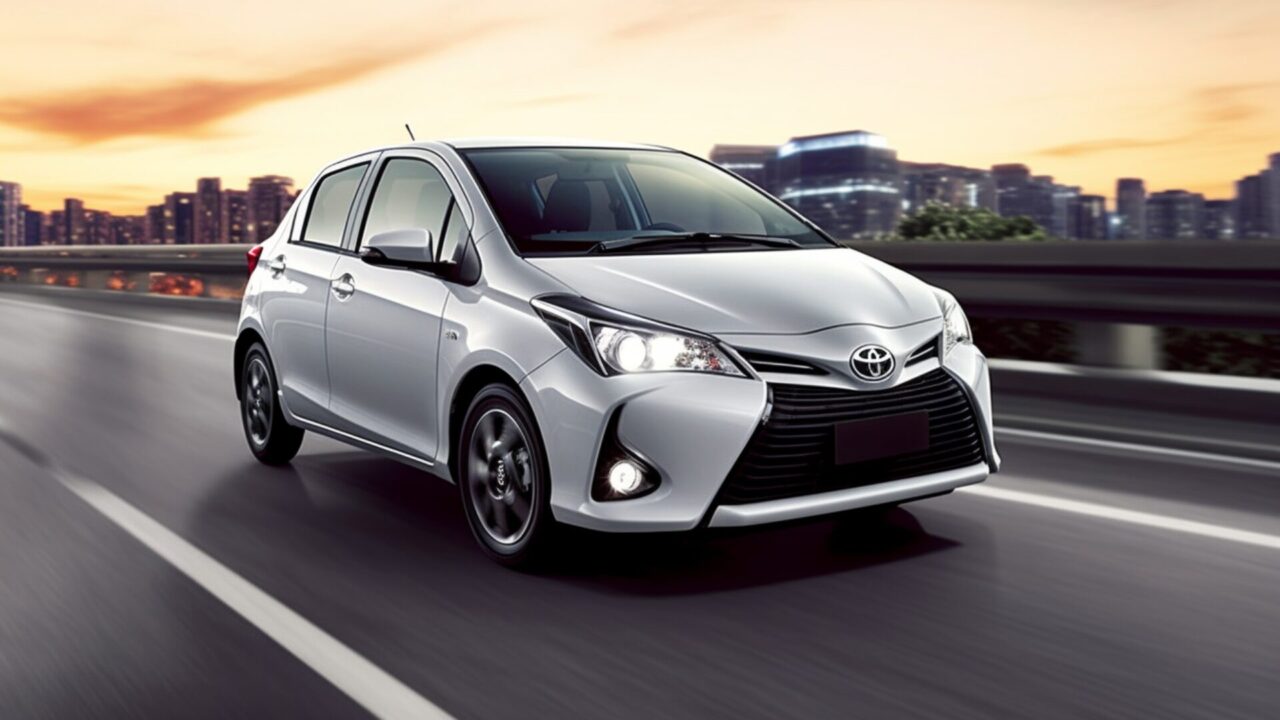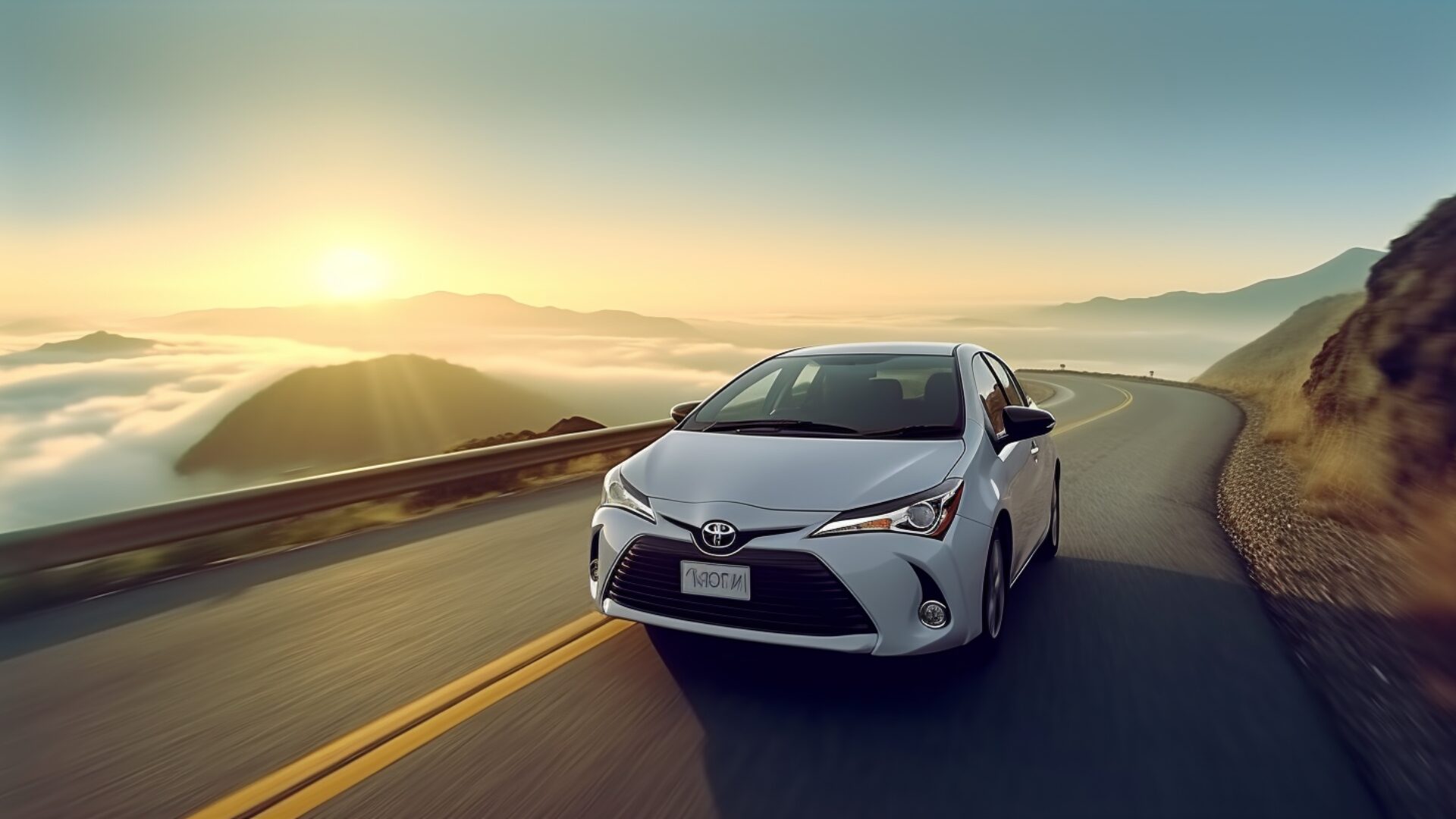The UK’s bold move towards electric vehicles with the Zero Emission Vehicle mandate, a rising divide in the global EV industry, infrastructure challenges at motorway service stations, and Rishi Sunak’s visionary extension of the petrol and diesel phase-out.
UK Introduces Zero Emission Vehicle Mandate
The UK has on Wednesday, implemented into law, the Zero Emission Vehicle mandate requiring car manufacturers to gradually increase the sale of zero-emission vehicles. It is aiming for 100% by 2035.
This initiative aligns with the government’s strategy to make EVs more affordable and expand charging infrastructure. Rishi Sunak’s decision to extend the phase-out of petrol and diesel cars to 2035 demonstrates a pragmatic commitment to reaching net-zero emissions by 2050.

Backed by over £2 billion in funding, the mandate is the world’s most ambitious EV adoption framework, targeting 80% of new cars and 70% of new vans to be zero-emission by 2030.
Anthony Browne, Minister for Technology and Decarbonisation, emphasises investment certainty for the charging sector, which has seen a remarkable 44% growth in a year, accommodating the rising popularity of EVs, now at 16% of the UK car market.
Chinese BYD’s Surging Sales vs. Tesla’s Pricing Strategy
The electric vehicle (EV) industry is witnessing a divide, with Chinese companies focusing on affordable, lower-range cars, while Western automakers are producing more luxurious models.
According to Investors Chronicle, notably, Chinese automaker BYD achieved 1.6 million sales in battery-only cars last year, closely competing with Tesla, which forecasted 1.7 million sales. The growth in BYD’s EV sales, a significant 62 per cent increase from 2022 to 2023, indicates a rising trend in Chinese EV exports. Meanwhile, Tesla has adjusted its pricing strategy to maintain sales growth.
Striving to Equip Motorway Service Stations
In 2024, the UK’s ambitious target to ensure every motorway service station is equipped with at least six rapid or ultra-rapid EV chargers has not been fully met, with only about 40% of stations complying according to fleetnews.co.uk.
Despite the RAC’s analysis revealing the addition of 178 faster charge points since April, challenges in grid connectivity and procedural complexities are hindering progress in expanding the charging network. The government’s response includes a £70 million fund to support upgrades and trials for ultra-rapid charge points.
However, experts highlight systemic issues in power supply and land use that slow down the installation process, pointing out that the national grid, established in the 1960s, struggles to meet the rising demand. This shortfall indicates a significant gap in the UK’s EV infrastructure development, essential for supporting the growing number of EV drivers.
EV Tax Solutions
As the UK continues its transition to EVs, the Treasury faces a revenue gap of £25 billion due to the absence of fuel duty from electric vehicles. This shift towards cleaner transportation offers a unique opportunity to rethink taxation and road pricing to accommodate this growing trend.

Some have argued the urgency of this measure to ensure a fair and sustainable transition for all motorists. While EVs offer significant savings in operating costs, the proposed road tax can help fund essential infrastructure and maintain fair contributions.
A TBI report in 2021 highlighted the potential for reduced traffic congestion and the economic benefits of transitioning to EVs. By addressing the financial gap early, the UK aims to create a seamless transition towards electric mobility.
As EVs become increasingly affordable and accessible, this move aims to balance the equation, guaranteeing that all drivers contribute fairly while enjoying the benefits of a cleaner and more sustainable transportation system.
Record US Sales for Ford
Ford had a remarkable year in 2023, making significant strides in the electric and hybrid vehicle market. The company’s electric vehicle (EV) sales set new records, with strong performance from the F-150 Lightning and Mustang Mach-E.
In Q4, Ford achieved record EV sales, with 25,937 EVs sold (a 24% increase from Q3) and 72,608 vehicles sold for the year (an 18% increase). The F-150 Lightning, America’s best-selling electric truck, saw a substantial 74% growth in Q4, while the Mustang Mach-E achieved its best sales year since its launch in 2021.
Ford’s E-Transit became America’s best-selling electric van in 2023, with sales totalling 7,672 (an 18% increase from 2022). The company remained the No. 2 EV brand in America, with more next-gen EVs on the horizon.
Ford’s hybrid sales surged at the end of the year, with a 55% increase in Q4, and annual hybrid vehicle sales up 25%. Maverick Hybrid, the best-selling hybrid truck in the US, recorded sales of 52,361 trucks, a 67% increase, contributing to a 26.5% growth in total Maverick sales.
The company is poised for further growth in 2024, with new vehicle launches and continued innovation in the electric and hybrid vehicle segments.
